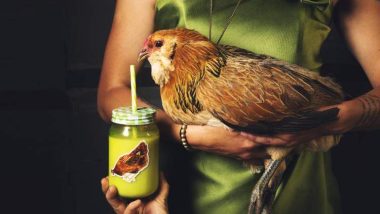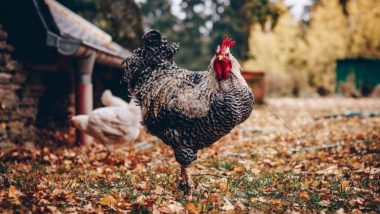When raising chickens, you are naturally concerned with keeping them healthy. But there is no doubt that raising chickens comes with its own set of health risks to the humans around them. In almost all cases, the health risks can be minimized with proper measures and safety practices.
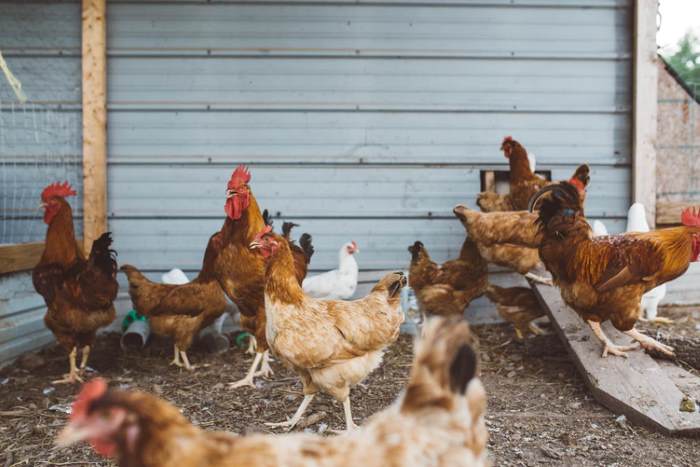
Most health problems that people may experience from raising chickens are due to negligence, complacency, or ignorance. Here we will provide you with several tips to help you keep the health risks low and other health-related problems at bay.
Salmonella
The biggest health concern when handling chickens is the risk of contracting Salmonella. It’s very common for chickens to carry the Salmonella virus. This virus does not affect the chickens’ health but causes serious health problems to humans. Even chickens that are raised and fed organically can have the virus. Do not try and use chicken feathers to make your own pillows. The salmonella virus can live on feathers, beaks and other parts of the chicken.
It is especially important to watch children around baby chicks, as they are quite likely to pick them up and kiss them. Teach them to never put their mouths on a chick and to always wash their hands thoroughly after handing the chicks. Children are especially likely to pick up Salmonella, as their immune systems are not yet mature.
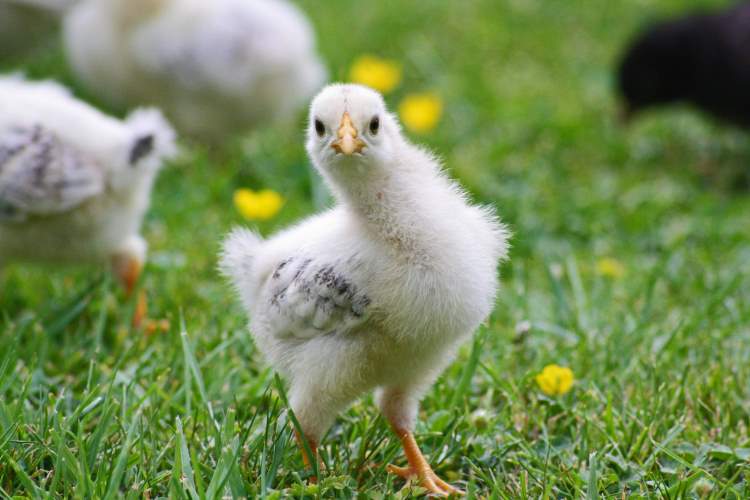
You lookin’ at me?
West Nile Virus
West Nile virus is carried by birds and spread by mosquitoes. Chickens and other poultry typically show no signs of infection, but it can kill some birds, such as crows. Symptoms in humans range from flu-like symptoms to seizures, and other signs, and can be fatal.
E.Coli
E.Coli bacteria can be found in the intestines of poultry (and other animals). Although most strains are harmless, some can make you sick. Symptoms include diarrhea, urinary tract infections, respiratory distress and pneumonia, and other illnesses. The E. coli that can cause sickness in humans is spread through contaminated water or food, or through contact with the infected chickens or their feces.
Campylobacteriosis
Campylobacter is a bacteria that can spread to humans through contaminated meat and eggs or water, or by touching the feces of infected animals. Chickens can carry Campylobacter without showing any signs of sickness.
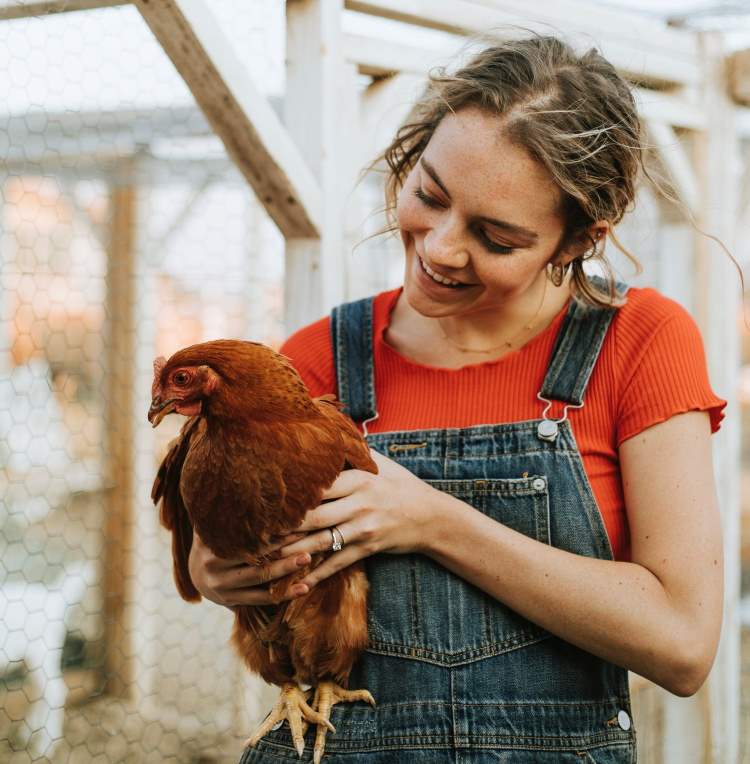
Always wash your hands thoroughly after touching your chickens
Symptoms in humans include diarrhea, cramping, abdominal pain, and fever. These symptoms will show up within two-to-five days after being exposed. It can cause serious life-threatening infections such as Guillain-Barré syndrome in infants, seniors, and those with weak immune systems.
General Bacterial
If you’re ordering your chicks from a catalog, the chances of your chicks having some nasty bacteria in their droppings is much higher. Keep all chickens and chicks in your backyard. As cute as the chicks may be, do not allow them into the house, and if your children are playing with the little chicks, make sure they wash their hands thoroughly with an anti-bacterial soap when they are done.
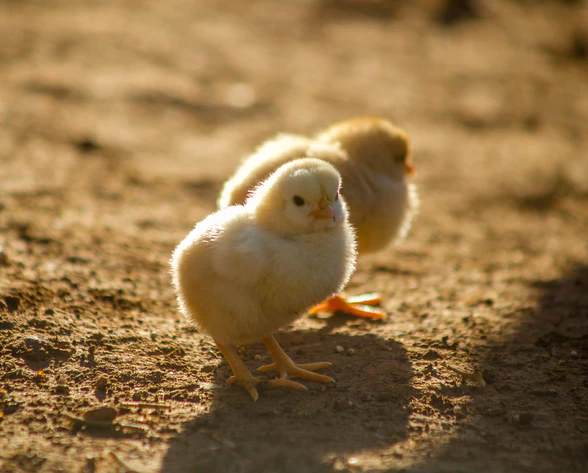
Wash Everything, Often
The health risks can be greatly minimized just by washing your hands with soap and water after coming in contact with the birds. All equipment used to raise the chickens should be washed in the backyard with boiling water to kill off any bacteria. Never dump any of the equipment into your sink with the dishes for washing later. This could easily transfer bacteria to your dishes or sink, and they may or may not get rinsed off completely.
Avoid eating and drinking near your chickens or the place where you raise them. And don’t allow them in your house in areas where food is kept or consumed.
Keep Their Areas Clean
One of the best ways to minimize health risks to yourself and your chickens is to keep their living conditions sanitary. There is no doubt that chickens are not exactly the cleanest of creatures and tend to poop and make a mess wherever they are. However, you should do your best to clean their areas daily and wash away any uneaten food and fecal matter. Do not overfeed them.
You may be raising chickens for meat, eggs or just as pets. Whatever the case may be, chickens absolutely must be kept outside the house and everything related to the chickens must be left outside the house. You should even have a special pair of shoes to wear in their areas, and leave those shoes outside the house when finished.
Symptoms To Watch For
If despite the best precautions you experience the following symptoms – Diarrhea, fever, abdominal cramps and nausea… You definitely need to see a doctor quickly. Time is of the essence. The Salmonella virus can cause death if it spreads from the intestines to the blood stream.
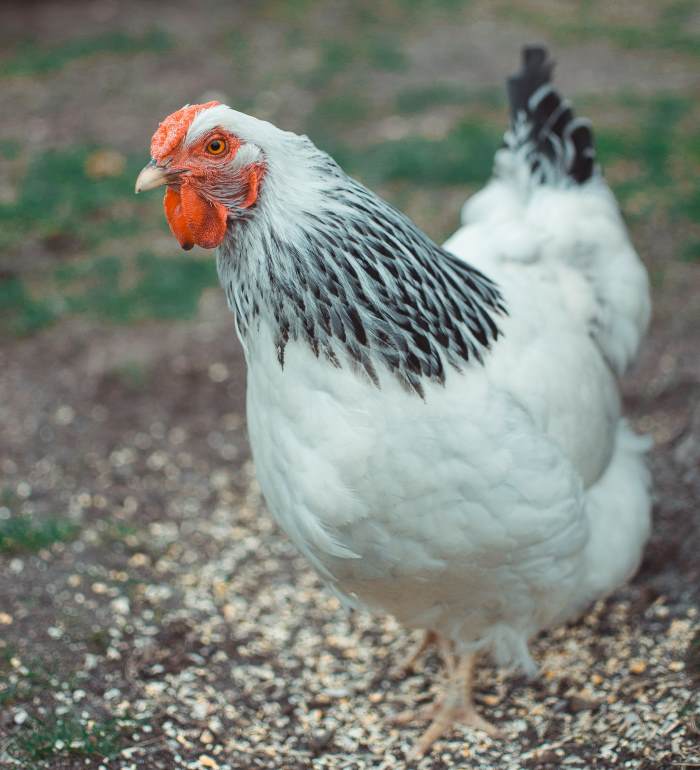
That is a worst case scenario. If you follow the tips in this article, you should stay healthy and fine. Just remember, always wash your hands, and if possible, your face, with soap and water after every single time you come into contact with your chickens or their living area.
